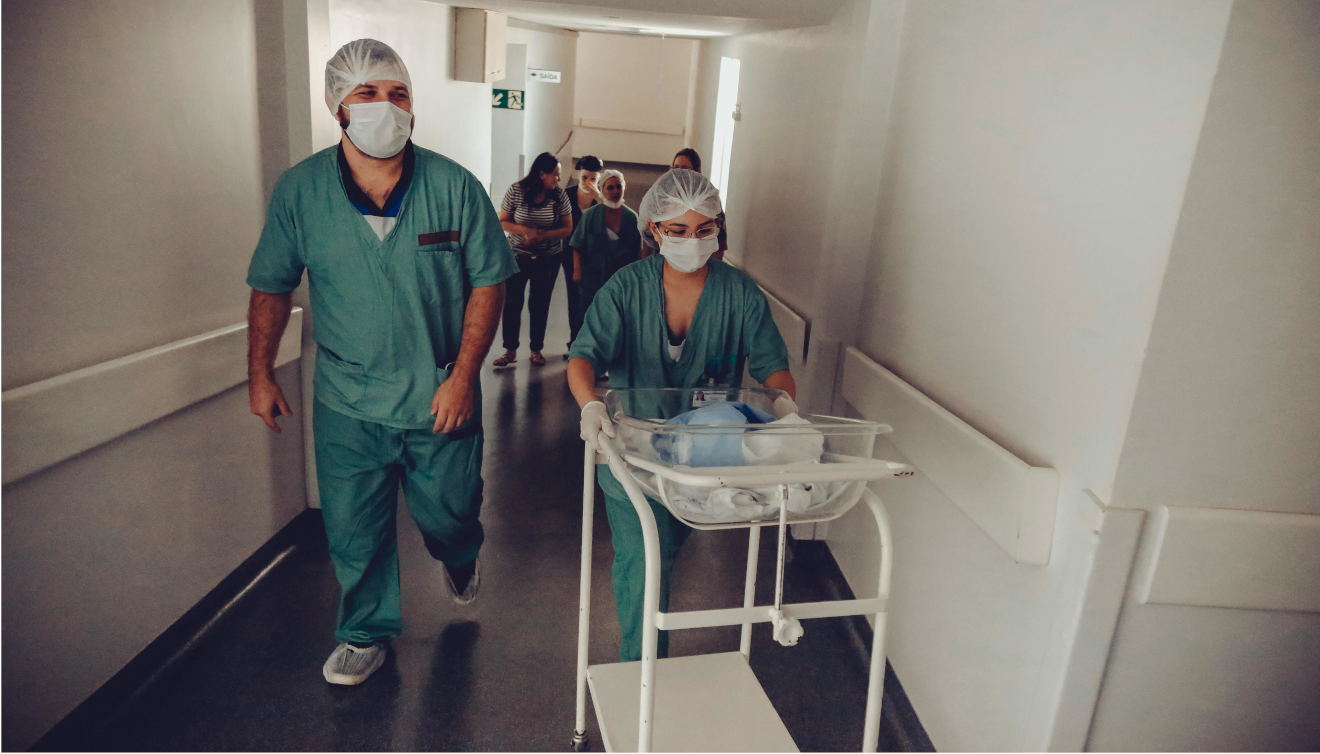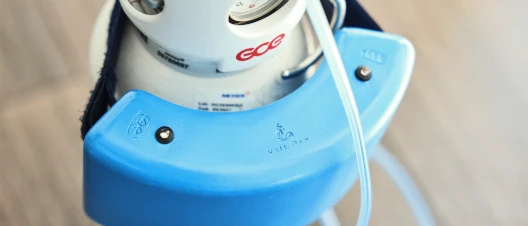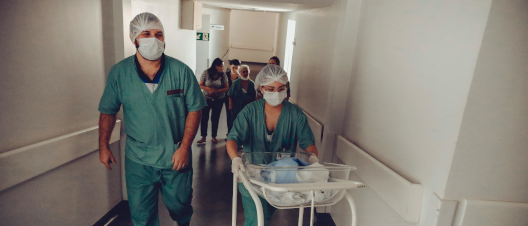Nursing in Spain faces 50,000 retirements and still needs 123,000 more nurses
Technological innovation offers a solution to reduce the workload of healthcare professionals through remote monitoring and artificial intelligence.

Spanish healthcare faces a major challenge in the coming years: a shortage of nurses. According to the latest report from the General Council of Nursing (CGE), "X-ray of the Nursing Profession. 2023 Human Resources Report," the sector is on the brink of a crisis that could impact the quality of healthcare nationwide. Below, we explore the main conclusions of this study and how these trends will affect the future of nursing in Spain.
An alarming shortage of nurses
Spain currently needs 123,000 additional nurses to match the European average nurse-to-patient ratio. This shortage endangers the system’s ability to provide adequate care, affecting both healthcare professionals and patients. Furthermore, in the next 10 years, 50,000 nurses will retire, including 10,000 in Andalusia, further worsening the situation. The issue varies significantly between autonomous communities, creating inequality in access to healthcare. The president of the CGE, Florentino Pérez Raya, described this as a “scarcity war” where not all citizens have equal access to healthcare. According to the CGE, these regional differences mean there are “first- and second-class citizens” in terms of healthcare in Spain.
Training, retention and new opportunities
To address this crisis, the CGE highlights the importance of investing in nursing. This involves not only creating more university places and training more nurses, but also improving working conditions to retain talent. The migration of professionals to other regions or abroad is a problem that Spain cannot afford in a context of staff shortages. The report also emphasizes the need to adapt to the new demands of the sector. Nursing is not only in high demand in primary and hospital care, but also in areas such as telemedicine and remote patient monitoring — a field in which Vulpix is innovating with the SmartER device.
Technological innovation to reduce nursing workload
At Vulpix, we believe that technology can play a crucial role in the future of nursing in Spain. With solutions like Vulpix SmartER, designed for remote patient monitoring, we help reduce the workload of healthcare professionals and optimize resources in a system facing increasing challenges. Integrating advanced technology into medical care not only improves efficiency but also allows nurses to dedicate more time to tasks with high human value and less to repetitive or administrative duties.
A financial injection is needed in healthcare
The CGE report is an urgent call to action: investing in the future of nursing is investing in the health of all citizens. This requires a collective commitment from institutions, governments, and companies in the healthcare sector. At Vulpix, we are committed to being part of the solution through innovation and collaboration with healthcare professionals, thus contributing to a fairer and more efficient healthcare system for all.
Now is the time to act to ensure that, in the future, all patients in Spain have equitable access to quality care, regardless of the region they live in. Technology and investment in human resources must be the key tools to build a healthcare system that meets the needs of both today's and tomorrow's society.
Explore the benefits of eHealth



